Is It Worth Getting An Annual Physical? It Depends...
 Monday, June 4, 2012 at 11:33AM
Monday, June 4, 2012 at 11:33AM By Woodson Merrell, M.D.
I love controversies that question the medical status quo, and so yesterday's front page of the Sunday New York Times Week in Review registered prominently on my radar. In it, Elisabeth Rosenthal --medical doctor and Times reporter-- decries the annual physical exam as "pointless" and possibly even "dangerous" as it can "lead to unneeded procedures."
She describes "batteries of screening exams for apparently healthy people" by doctors "purporting to ferret out hidden disease with the zeal of Homeland Security officers searching for terrorists."
Let's hope your doctor at the very least has the zeal of a homeland security officer. I highly recommend you find a doctor with the zeal of a person who wants to save your life.
In reality, check-up frequency should be based on a persons' health-risk profile. There are a few broad, age-related categories I use when determining whether or not a person needs an annual physical. These are based on a person being basically healthy with no significant chronic problems or major risk factors.
For a list of some major risk factors, click here.
Healthy 20 to 39 year olds should have a physical every 2 to 3 years. Healthy 40 to 49 year olds should have a physical every other year. Everyone should have a complete physical by age 50, and develop a baseline health-risk profile with screening tests that include comprehensive blood and urine testing, a colonoscopy, cardiovascular testing, bone density scan (for women near or in menopause), and others depending on health risks. Anyone who receives a perfect bill of health at 50 can continue having physicals every other year. By around age 60, age-related conditions often begin to manifest, and people should have annual check-ups that screen for heart disease, cancer, adult-onset diabetes and other conditions (again depending on unique risks as to other testing.)
Every doctor, and most people I know, would prefer to catch a medical issue early, before damage is done and while it is still treatable. Rosenthal's global analysis is one an insurance company would love--yes, it is cheaper to treat individual health care disasters than it is to screen everyone for everything. But even healthy adults with the slightest risk factor--family history, extreme stress, past cigarette use, poor diet, lack of sleep--should ignore the admonition to avoid physicals and stay on top of disease prevention.
See a list of risk-factors that may signal a need for more frequent check-ups.








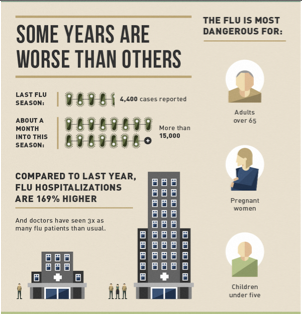




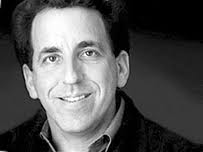




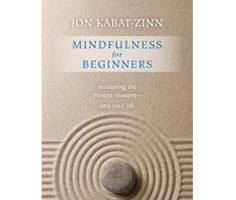




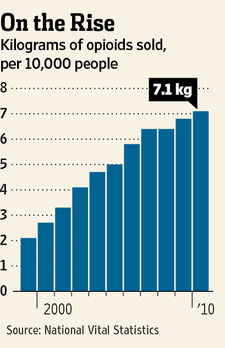





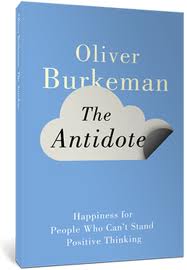








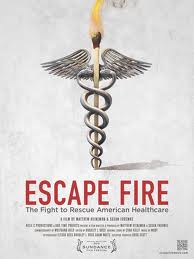



























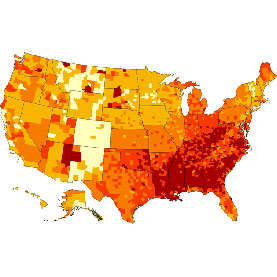
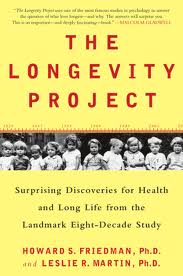
















Reader Comments